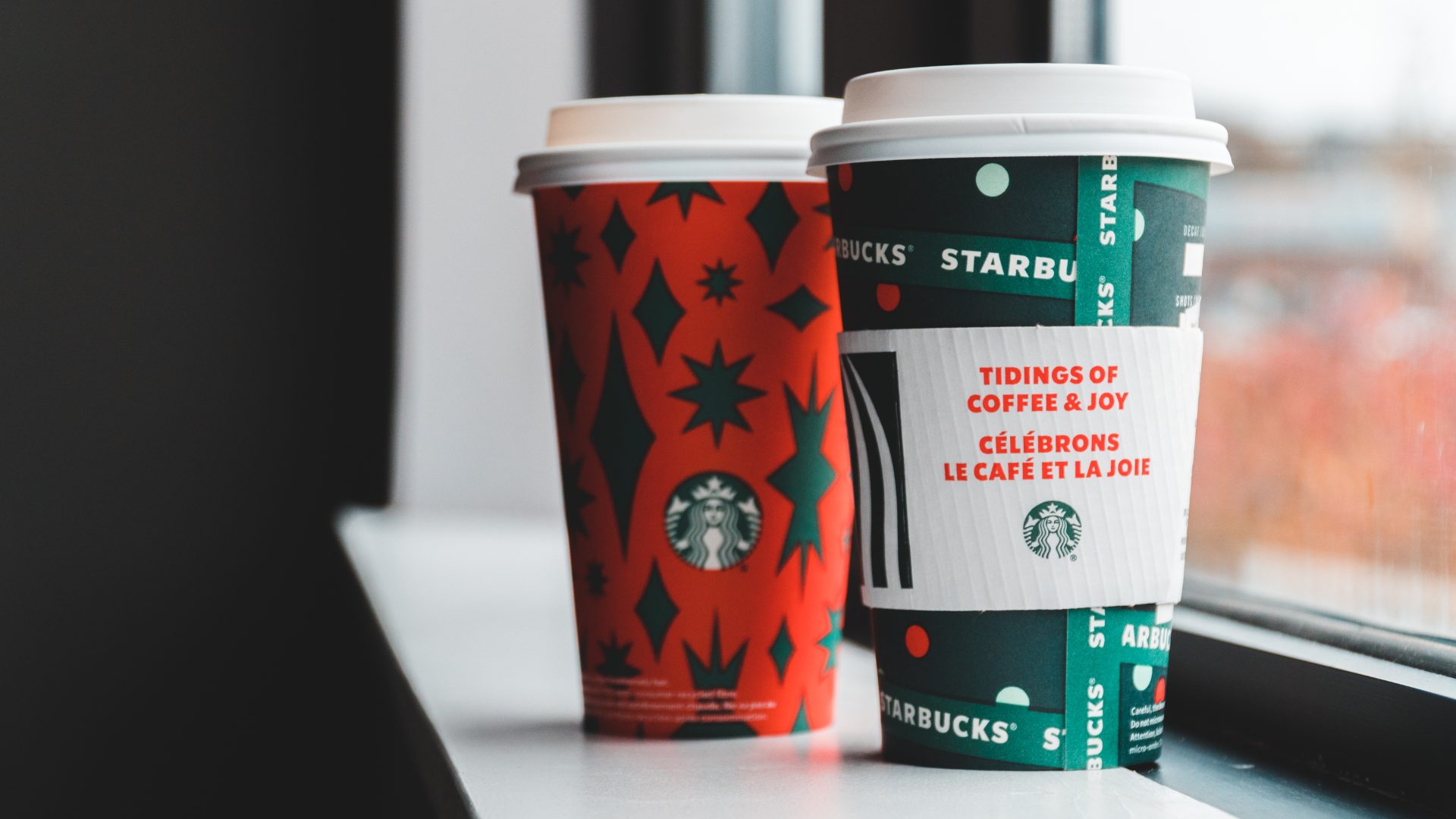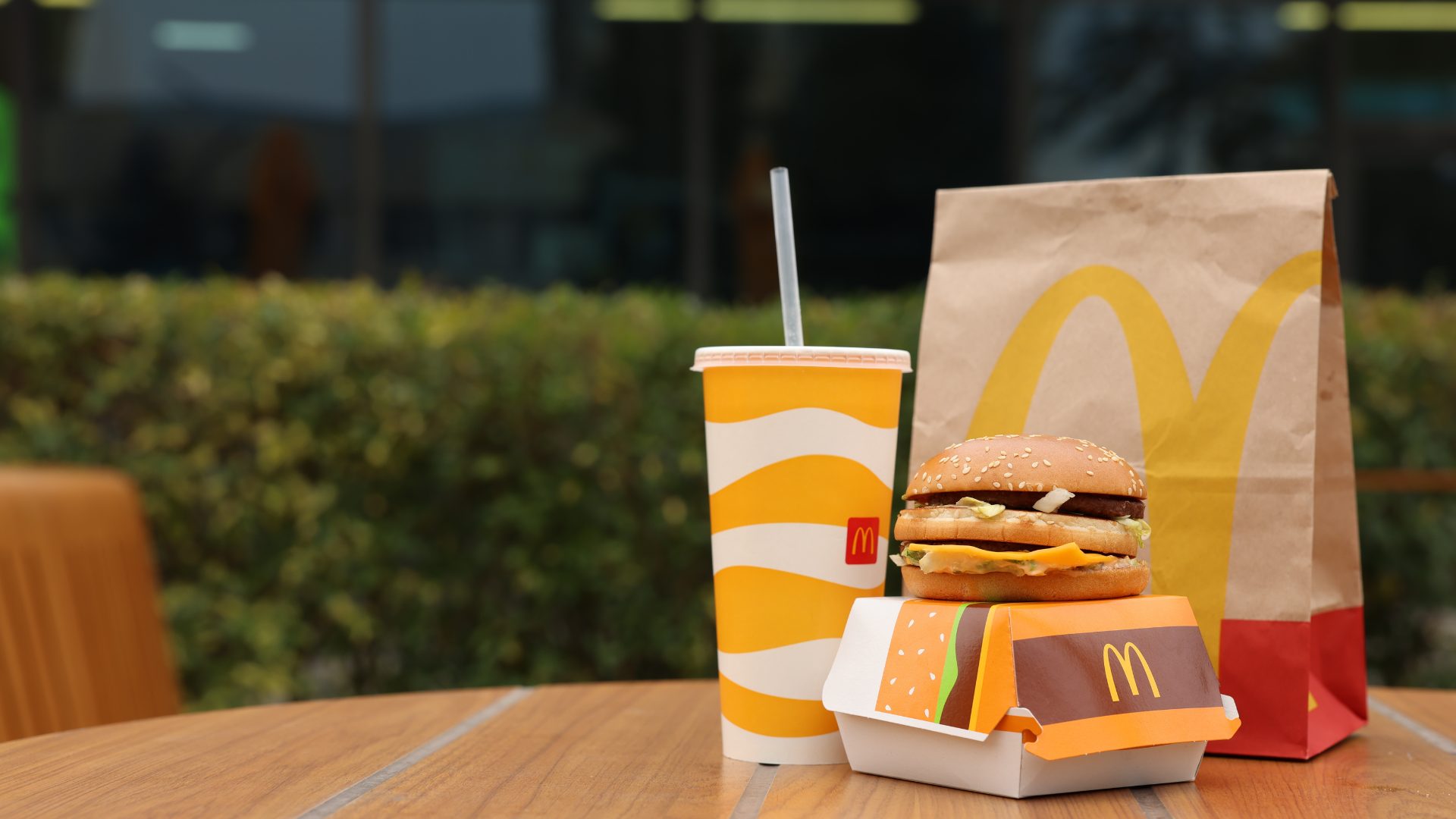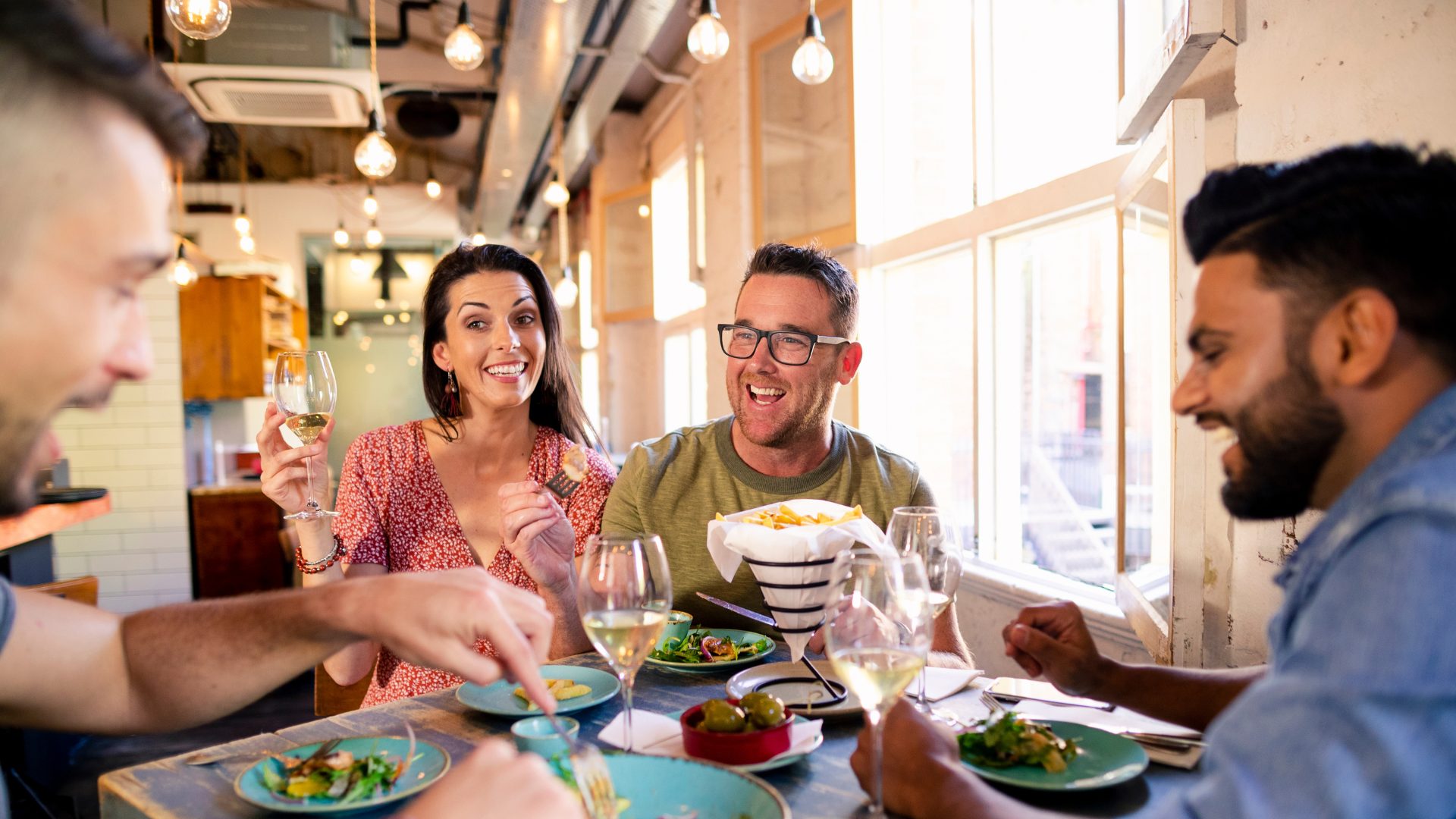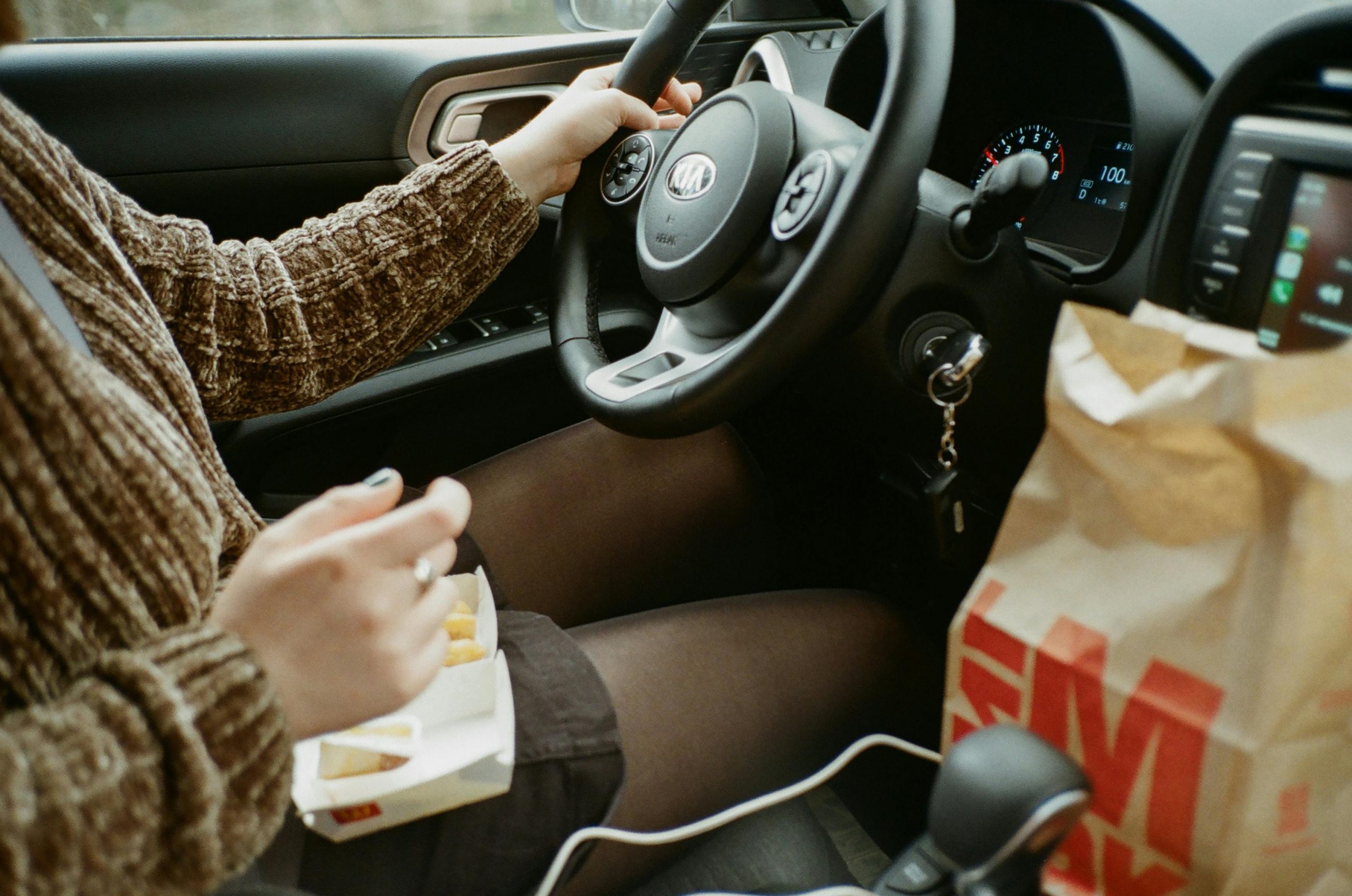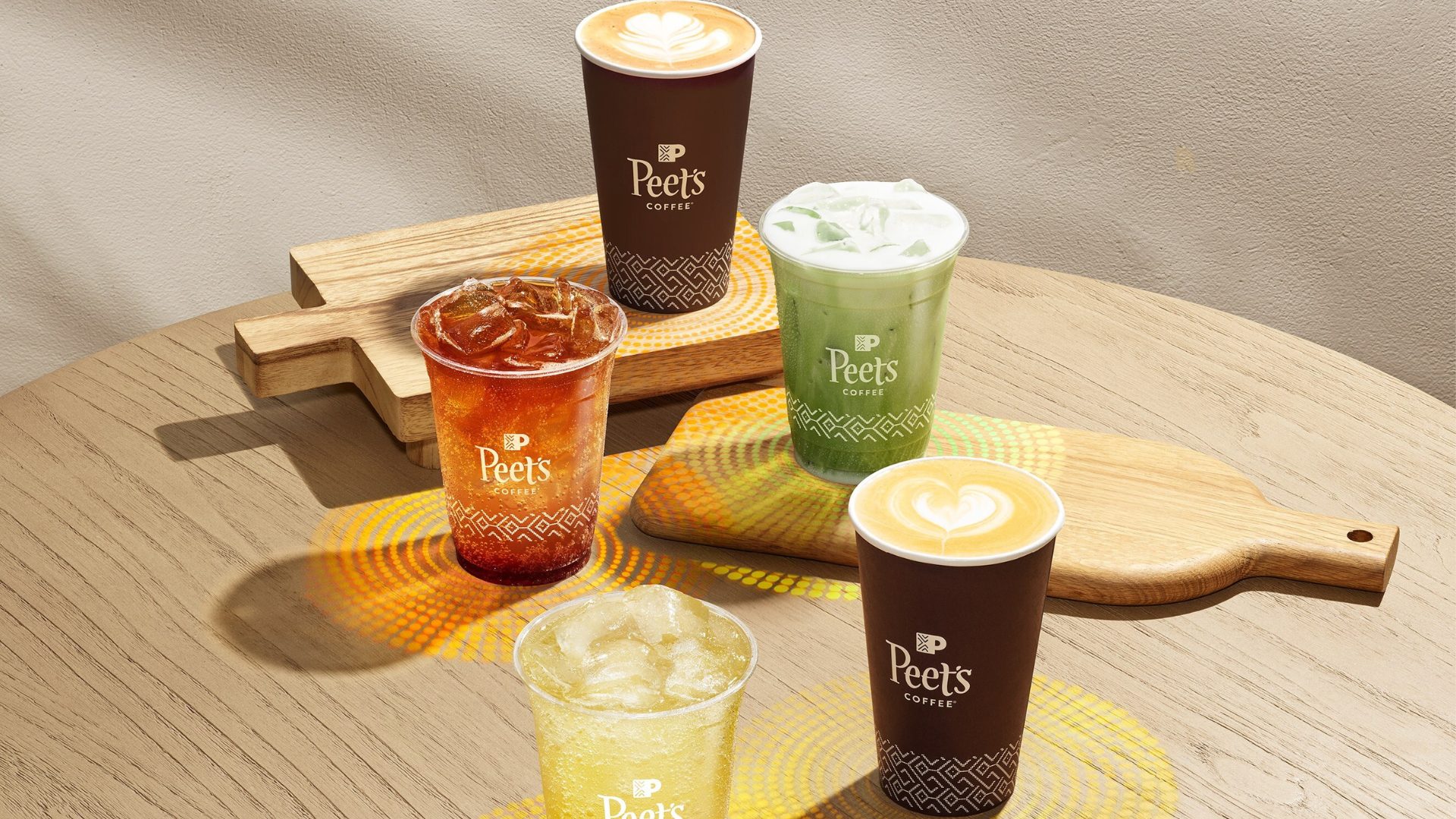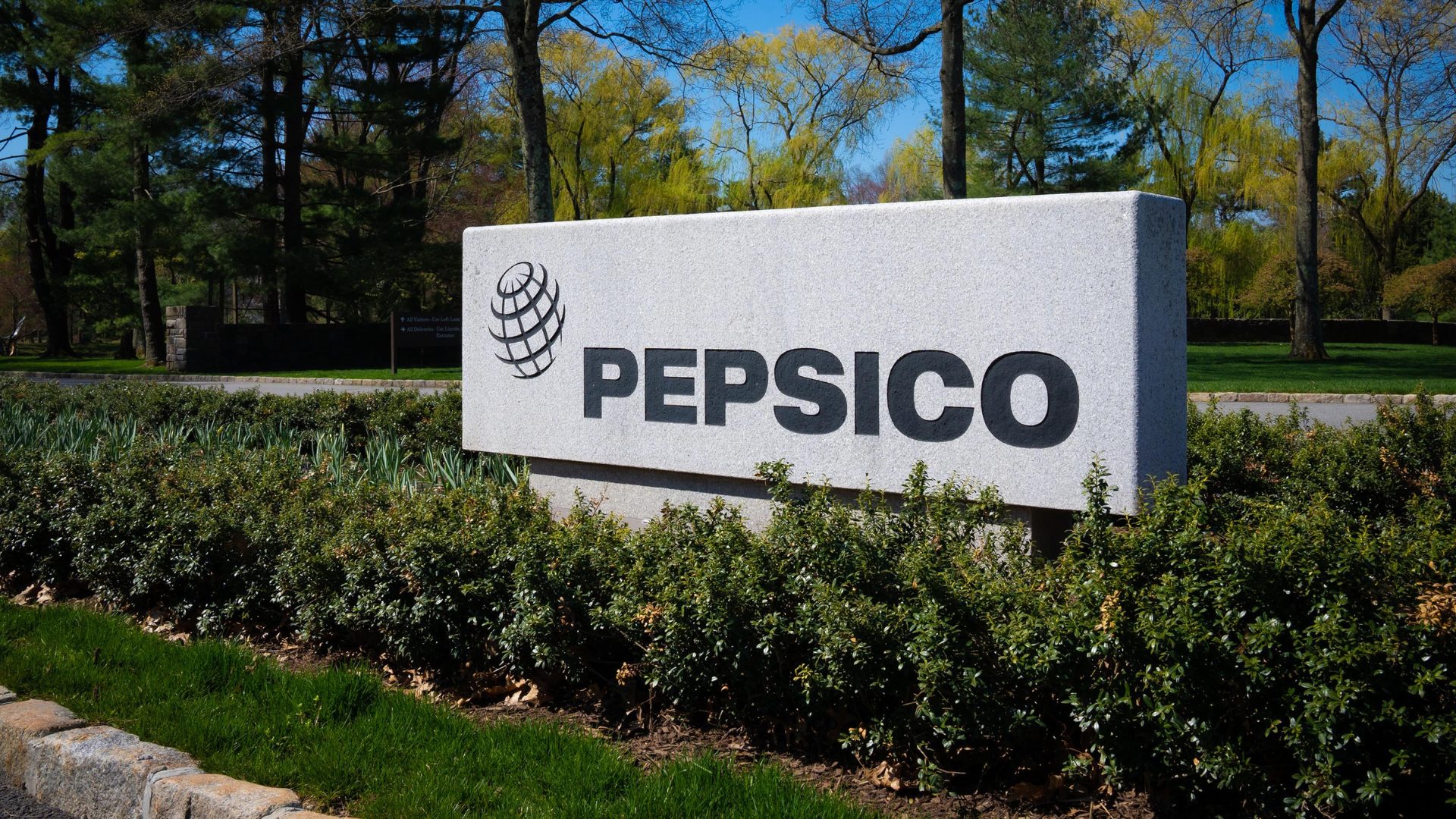In February, 33 years after its founding as a single pushcart in Oregon, Dutch Bros opened its 1,000th store, in Orlando, Florida. The company is now the third-largest coffee chain in the U.S., though it admittedly trails far behind giants Starbucks (17,000 locations) and Dunkin (nearly 10,000).
But the path Dutch Bros has taken has been very different from the industry’s biggest players. Starbucks long has positioned itself as a “third place” between home and work. Dutch Bros is a purely drive-through and walk-up model. Dunkin’ is a 100% franchised model; after using that strategy to drive initial growth, Dutch Bros closed off to new franchisees back in 2017.
About 70% of Dutch Bros shops are now company-owned.
Coffee Chain Disruptor
Dutch Bros also has placed a huge emphasis on culture. Its employees are called “Broistas,” and are encouraged to engage with customers and deliver drinks outside to improve throughput. In return, the company only hires managers from within.
That’s a key way in which Dutch Bros stands apart: Dunkin historically has run its workforce in a manner more akin to QSRs, while Starbucks’ early success in employee culture has faded. Starbucks CEO Brian Niccol, who took over last year, has said publicly his company has work to do on that front.
The overall strategy by Dutch Bros clearly has been a significant success.
A recent rally has moved Dutch Bros’ market capitalization to over $10 billion; Dunkin itself was acquired in late 2020 for only $11.3 billion (that deal also included ice cream brand Baskin-Robbins). At an investor event earlier this year, Dutch Bros raised its national target to some 7,000 stores. At the time, the company said it had taken about 1.7 points of market share over the previous five years, more than any other company in the space (Starbucks itself was second at 1.3 points, with privately-held Scooters adding roughly one point).
Recent results show no sign of the trend changing.
Dutch Bros’ Culture Sets It Apart in Coffee Wars
While Starbucks stock stays stuck (it’s down 5% over the last year and trades below where it did six years ago), BROS shares have nearly doubled in twelve months.
Starbucks’ slow turnaround is showing some success, but same-restaurant sales in the U.S. remain negative. Meanwhile, Dutch Bros is guiding for 4.5% growth this year on top of a 5%-plus print in 2024; during its last fiscal year (ending September 2024) Starbucks saw a decline of 2% and a 5% drop in traffic.
The performance is impressive not just relative to Starbucks but in the context of a broader restaurant industry that has lacked high-growth stories. (Another coffee chain, Black Rock Coffee Bar, recently filed to go public; it would be the first IPO in the restaurant sector in three years.)
Dutch Bros has proven an exception to sector trends by focusing on its culture and sticking with the strategy that has got it this far. With BROS stock up big and near an all-time high, investors clearly don’t want anything different.
Vince Martin is an analyst and author whose work has appeared on multiple financial industry websites for more than a decade; he’s currently the lead writer for Wall Street & Main. He has no positions in any companies mentioned.
The Food Institute Podcast
How will the One Big Beautiful Bill Act (OBBBA) impact your food business? Unraveling the implications of new legislation is never easy, but Patrick O’Reilly and Jeff Pera of CBIZ explain how provisions of the bill related to no tax on tips, depreciation and expensing of capital purchases, and research and development will impact the industry.






